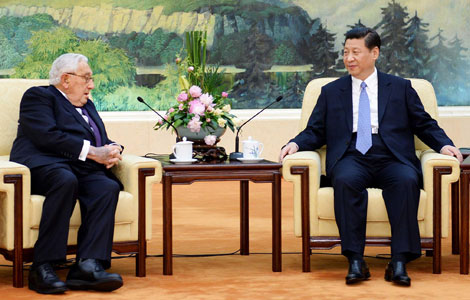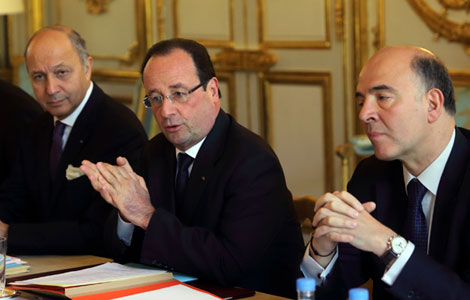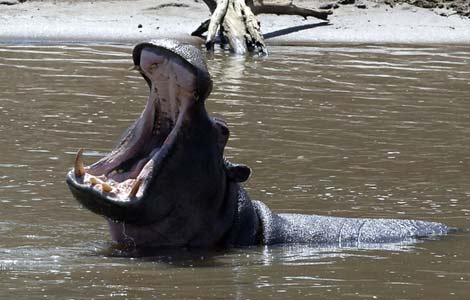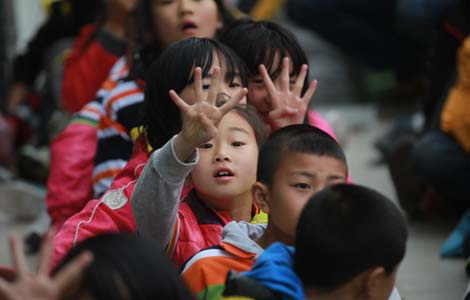
Zhang Yongjun, a senior economist with the China Center for International Economic Exchanges, a government think tank, suggested that the economic rebound trend has not reversed, but instead gotten slower.
"This was due to the new government's desire to slow down growth in return for higher quality economic development," Zhang said.
He said that amid the weak recovery, it would be unwise to tighten monetary policy, although the broad money supply growth rate exceeded expectations from January to March.
Zhang also suggested that the authorities should "moderately adjust the exchange rate" to slow renminbi appreciation.
"More control measures should be taken to fight rapid inflows of speculative money from overseas."
Huang Yiping, chief economist in China at Barclay's Capital, said that the government may remain calm despite the relatively soft economic data in recent months, as Premier Li Keqiang is "focusing on deepening reforms to put growth on more sustainable footing, while central bank governor Zhou Xiaochuan believes that the current growth rate is still within a reasonable range".
Nomura predicted that GDP growth is likely to trend down through the rest of the year, to 7.5 percent in the second quarter, 7.4 percent in the third and 7.2 percent in the final three months.
"The effectiveness of policy easing has been diminished by aggressive stimulus measures taken over the past five years," said Zhang from Nomura.








